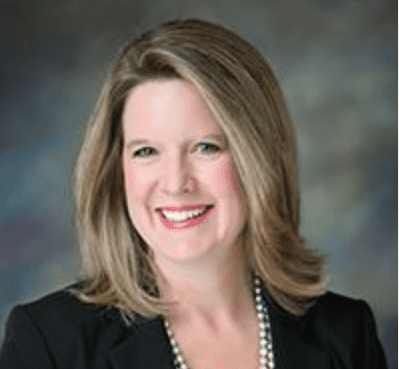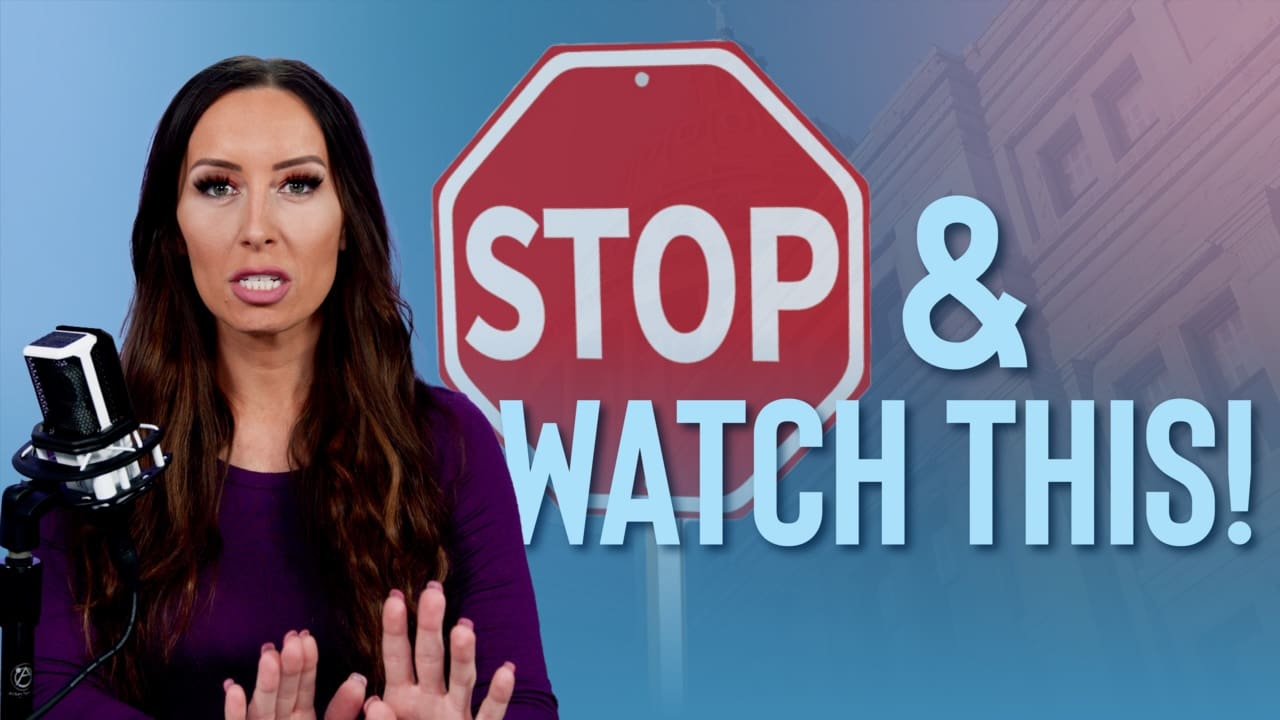Frisco Mayor Pro Tem Shona Huffman argued in Austin that the state should provide incentives for cities to provide property tax relief.
On February 27, the Texas House Ways and Means Committee held a hearing on House Bill 2, which would put in place an automatic vote trigger when local governments try to raise property taxes above the rollback rate, which would be lowered to 2.5 percent.
Huffman argued that high-growth cities like Frisco are having to grow public safety in order to deal with their fast-growing population. Even with new growth being exempt from the lowered rollback rate, Huffman claims that more money is still needed, and that all tax revenues generated by new growth is already exhausted.
“Our new growth this year has already actually been spoken for by those [who] moved in last year,” Huffman said. “When we start to plan for public safety, it takes us about 18 months to street a public safety officer. So, I have to be able to plan last year for what I’m going to need next year.”
However, according to Frisco’s most recent Comprehensive Annual Financial Report, property tax revenues from 2007–2018 have outstripped growth plus inflation 94.8 percent to 80.6 percent. Furthermore, Frisco’s Uniformed Police and Firefighters have grown 41.5 percent over the same 9-year period, and their General Government staffing has increased at roughly the same rate, 38.3 percent.
Not only is the city flush with more than enough revenue to compensate for growth, but if there is a concern that the city is not hiring enough uniformed officers they can adjust their hiring practices to focus more on uniformed officers and less on growing bureaucracy.
Huffman went on to propose ideas to help “incentivize” cities to provide property tax relief. One of which involved cities getting credit applied to the rollback rate for the homestead exemptions they provide.
“If you have a homestead exemption, for every certain percentage of homestead exemption you get, [you] might get credit on the rollback rate on a certain tenth of a point in that situation,” she proposed.
“We can have these [election] triggers but do things that let us put money in people’s hands.”
Huffman also proposed giving cities credits towards their rollback rate for when they spend on public safety, arguing that would encourage cities to provide property tax relief.
This is in stark contrast to the argument Huffman gave to Frisco taxpayers in a city council meeting back in January.
At that meeting, where she voted for giving a billionaire developer a “special deal” despite protests of local residents in the area, Huffman responded to voters’ requests to focus on providing property tax relief by saying that the key was increasing commercial development.
“You’ve got to increase your commercial share of the percentage base. If you don’t do that, then your property taxes are going to soar,” she said. Arguing in favor of the special deal for the billionaire, she added that “the most important way we can [provide property tax relief] is by increasing our commercial development that exists.”
Again, referring to Frisco’s most recent CAFR, as of 2017 the city had issued new commercial permits valued at over $676 million. This means Frisco is currently in a red-hot stage of growth. And yet, property taxes continue to rise.
According to data from the Collin County Appraisal District, Frisco residents who live in Collin County had their average property tax bill, the portion that is the city’s, increase 31.4 percent from 2013-2016. Those living in Denton County saw theirs increase 23.9 percent from 2013-2018.
Frisco residents need property tax relief, paying less than they did the previous tax year, not just reform, which is controlling the growth of property taxes. During Huffman’s time on the council, Frisco has not provided that relief even though Huffman herself told the committee that relief is the goal.
Huffman is up for re-election this year. Early voting for the May 4 election begins on April 22.





